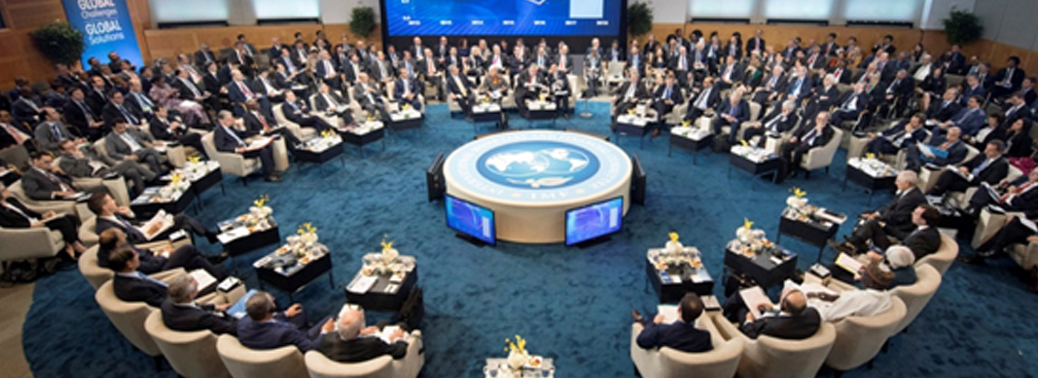INTERNATIONAL MONETARY FUND (IMF)
15, Apr 2020

Prelims level : International Institutions – Summits, Working, Organisations
Mains level : GS-II Important International Institutions, Agencies and fora- their Structure, Mandate.
Why in News?
- The International Monetary Fund (IMF) has recently approved a $500 million grant to cancel six months of debt payments for 25 of the world’s most impoverished countries.
About:
- It will provide grants to the poorest and most vulnerable member countries to tackle the Covid-19 pandemic.
- These countries will be able to channel more of their scarce financial resources towards vital emergency medical and other relief efforts.
- The money will come from the IMFs revamped Catastrophe Containment and Relief Trust (CCRT)which will use recent pledges of 185 million from the United Kingdom and 100 million from Japan. It urged other donors to help replenish the trusts resources, which also approved the immediate debt service relief for 19 African countries including Afghanistan, Haiti, Nepal, Solomon Islands, Tajikistan and Yemen.
About Catastrophe Containment and Relief Trust (CCRT):
- It was established in February 2015 during the Ebola outbreak and modified in March 2020 in response to the Covid-19 pandemic.
- It allows the IMF to provide grants for debt relief for the poorest and most vulnerable countries hit by catastrophic natural disasters or public health disasters.
- The relief on debt service payments frees up additional resources to meet exceptional balance of payments needs created by the disaster and for containment and Recovery.
About International Monetary Fund (IMF):
- It came into existence after the UN conference in Bretton Woods in 1944. The 44 countries at that conference sought to build a framework for economic cooperation to avoid a repetition of the competitive devaluations that had contributed to the Great Depression of the 1930s.
- It currently has 189 member countries, each of which has representation on the IMF’s executive board in proportion to its financial importance.
- The most powerful countries in the global economy have the most voting power.
- Its main objectives are foster global monetary cooperation, secure financial stability, facilitate international trade, promote high employment and sustainable economic growth and reduce poverty around the world.
About the Functions of IMF:
- To provide financial assistance to member countries with balance of payments problems. Countries must embark on structural adjustment policies monitored by the IMF.
- It oversees the international monetary system and monitors the economic and financial policies of its 189 member countries. As part of this process, which takes place both at the Global Level and in Individual Countries, the IMF highlights possible risks to stability and advises on needed policy adjustments.
- It provides technical assistance and training to central banks, finance ministries, tax authorities, and other economic institutions.
- It helps the countries to raise public revenues, modernize banking systems, develop strong legal frameworks, improve governance, and enhance the reporting of macroeconomic and financial data.
- It also helps countries to make progress towards the Sustainable Development Goals (SDGs).






